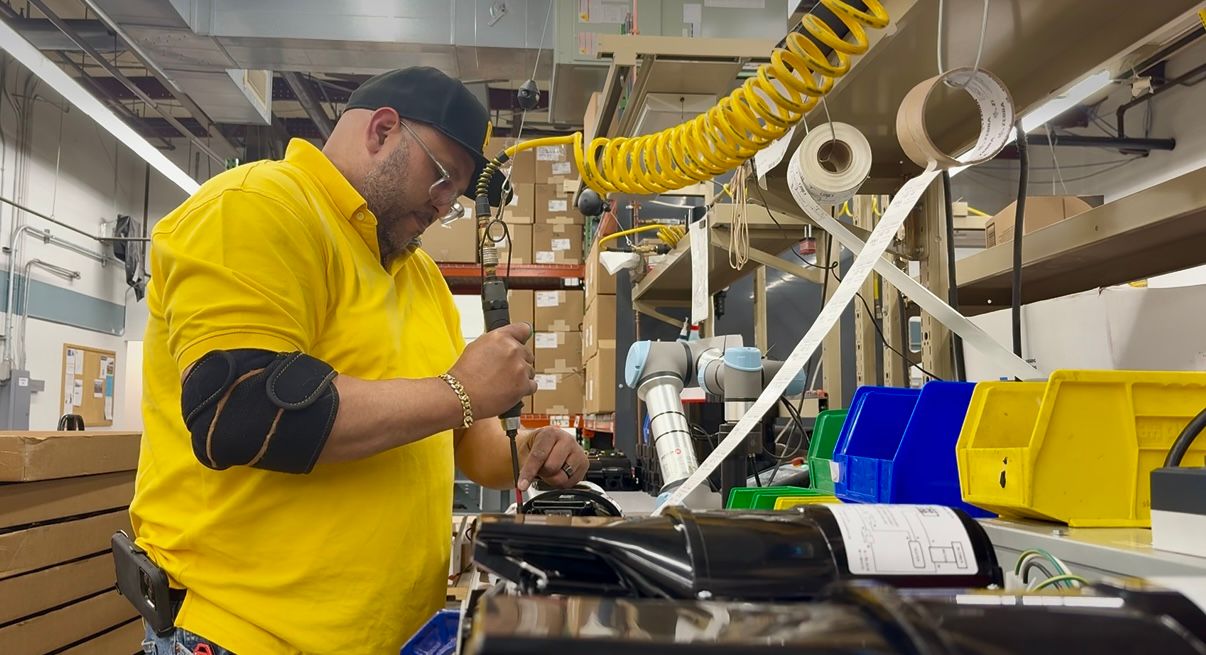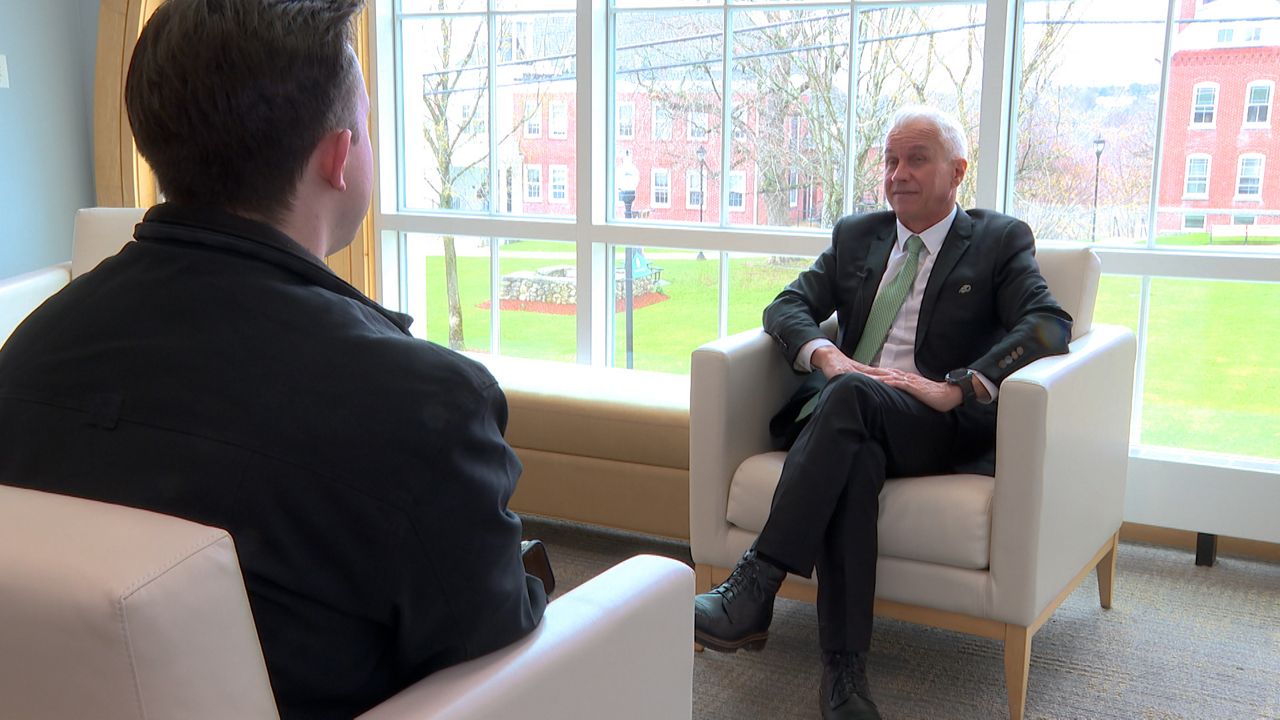AUBURN, Mass. - Auburn resident Jimmy Gedenberg said rats as big as eight inches long have taken over his town.
"Never ever ever have I had a problem," Gedenberg said.
Gedenberg has lived in Auburn for 60 years. About a month ago, he started to see rats in his backyard, he drove by them on the street and even his dog found a few.
What You Need To Know
- Auburn resident Jimmy Gedenberg said rats as big as eight inches long have taken over his town
- About a month ago, he started to see rats in his backyard, he drove by them on the street and even his dog found a few
- The town said the COVID-19 pandemic, climate change and the drought are to blame
- Town manager Julie Jacobson said Auburn’s Board of Health has responded to 35 calls from residents and will visit people to help them find a solution
Gedenberg wants them gone. He has a few ideas about how the problem started in the first place.
"COVID," Gredenberg said. "Shutting down all these restaurants, it took away the smorgasbord of dumpster diving."
Gedenberg is right, according to the town. The COVID-19 pandemic is one of the reasons these rodents seem to be more of a bother.
"Number one, COVID," said town manager Julie Jacobson. "Number two, climate change, number three, the drought."
Jacobson said during the pandemic, rats had less access to food and more access to vacant buildings. The rat population isn't fading out as much during the winter and the dry weather has them thirsty.
"They need water. If they cant get water, they go for water-based food," Jacobson said. "So they will go for vegetables in your garden. They will go for fruit."
Jacobson said Auburn’s Board of Health has responded to 35 calls from residents and will visit people to help them find a solution. She said to fix the issues, the community needs to do their part to cut off the rodent's access to food, water and shelter.
"Make sure to get rid of any standing water if you can," Jacobson said. "Make sure you store you pet food in tight containers. They shelter in areas where you dump grass clippings. They like to burrow in those things, so if you eliminate the food, eliminate the water and eliminate their shelter as a neighborhood as a whole, I think it will go a long way."










